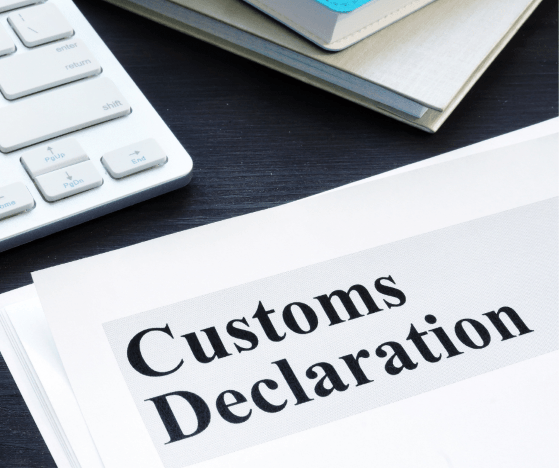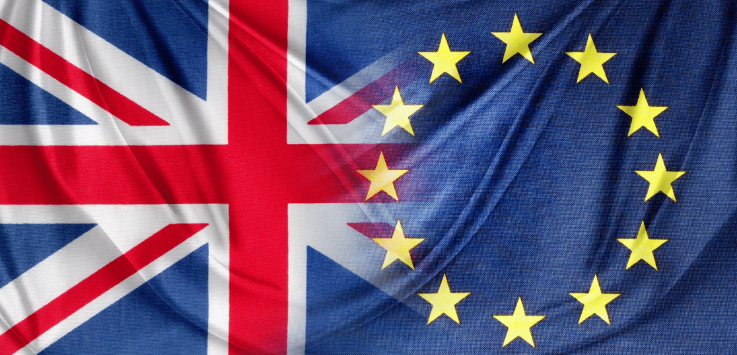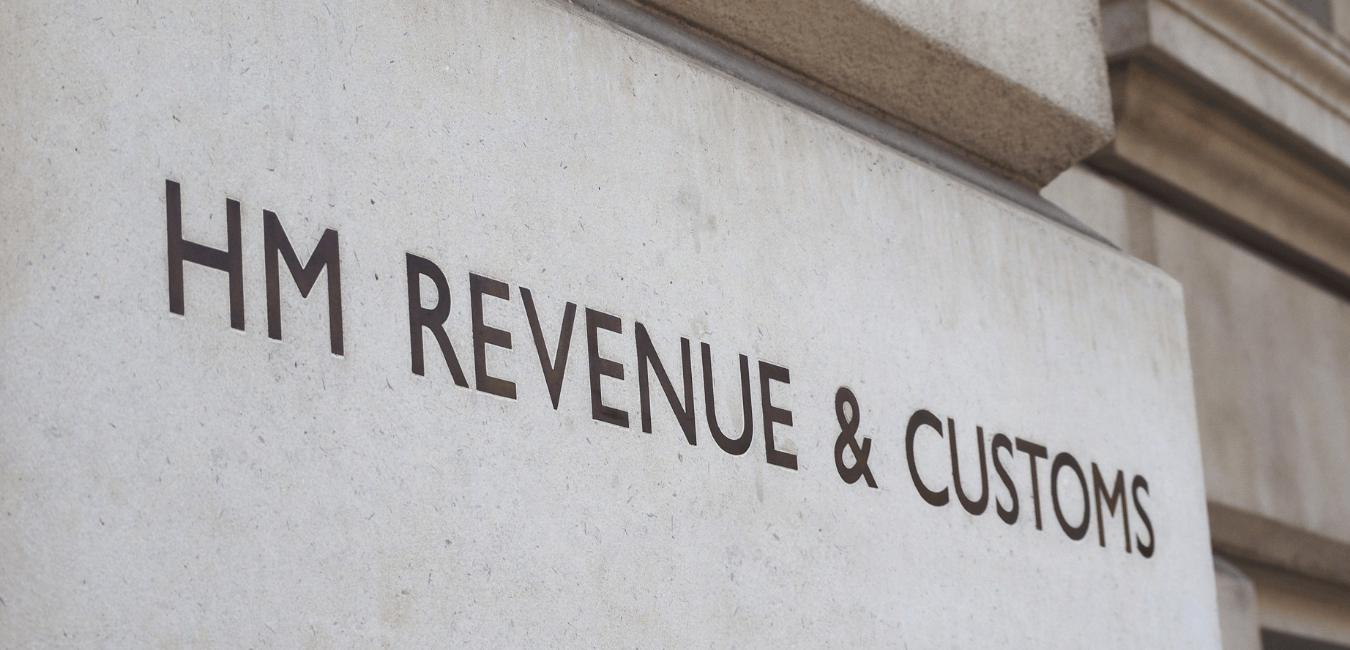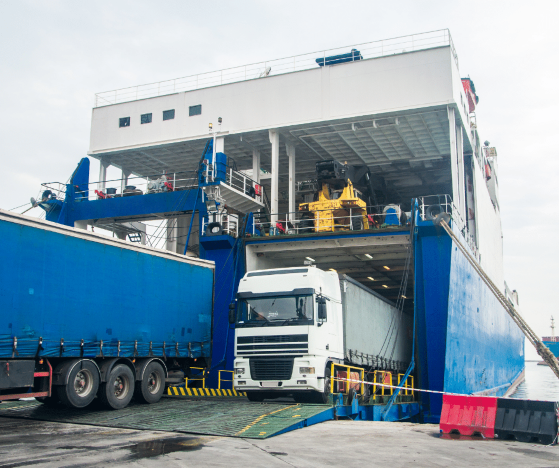US Suspending Duty-Free De Minimis Treatment
US President's decision to revoke the de minimis exemption

US President Donald Trump's decision to revoke the de minimis exemption
There is already confusion and chaos because of US President Donald Trump's decision to revoke the de minimis exemption two years early. Worldwide postal authorities have suspended package shipments to the United States this week. In May, the president first lifted China's de minimis restriction. On July 30, he then issued an executive order ending the rule for all nations.
The trade regulation, also known as a "loophole," has made it possible for goods under $800 to enter the United States essentially duty-free. In accordance with Trump's executive order, the practice will cease for goods from all over the world on Friday, 29th August.
According to US Customs, about 1.4 billion shipments, totalling over $64 billion, entered the country duty-free last year under a provision known as the de minimis exemption.
These adjustments will probably result in higher costs for shipments to the US that were previously eligible for the de minimis because of new tariffs and processing fees. Additionally, carriers will have to comply with more stringent customs declaration standards, which might lead to delays or disruptions while systems are updated. Smaller orders placed by Americans who purchase directly from smaller European and UK companies are anticipated to be impacted by the halted shipments.
Within the UK the current model and duty level is being re-evaluated by the UK government. In February 2025, the EU hinted at a more extensive customs policy even for products under €150 when it declared that it will also examine its threshold and force all sellers, regardless of value, to submit more thorough data for low-value imports under its new ICS2 system.
What is de minimis exemption?
The Latin phrase "de minimis" means "trifling or of little importance," according to the U.S. International Trade Commission. The provision, which dates to the Tariff Act of 1930, has reduced customs processing, including inspections, and allowed US consumers to avoid paying import taxes and tariffs on low-value goods. The threshold has been raised by US Congress through multiple amendments to Section 321 of the act, reaching $800 in 2015. The US Congress initially enacted Section 321 of the Tariff Act of 1930 in 1938 to improve administrative efficiency and to avoid expense and inconvenience to the government.
ICS Global Services Limited provide businesses with advice on international trade, customs compliance and import / export matters. If you would like to receive more detailed advice, please contact us by sending an e-mail to info@icsglobalservices.com
Share this page




